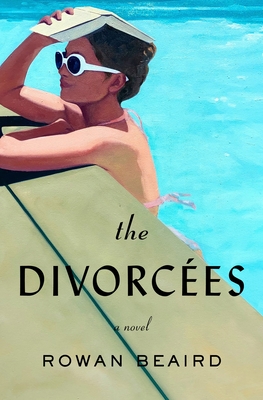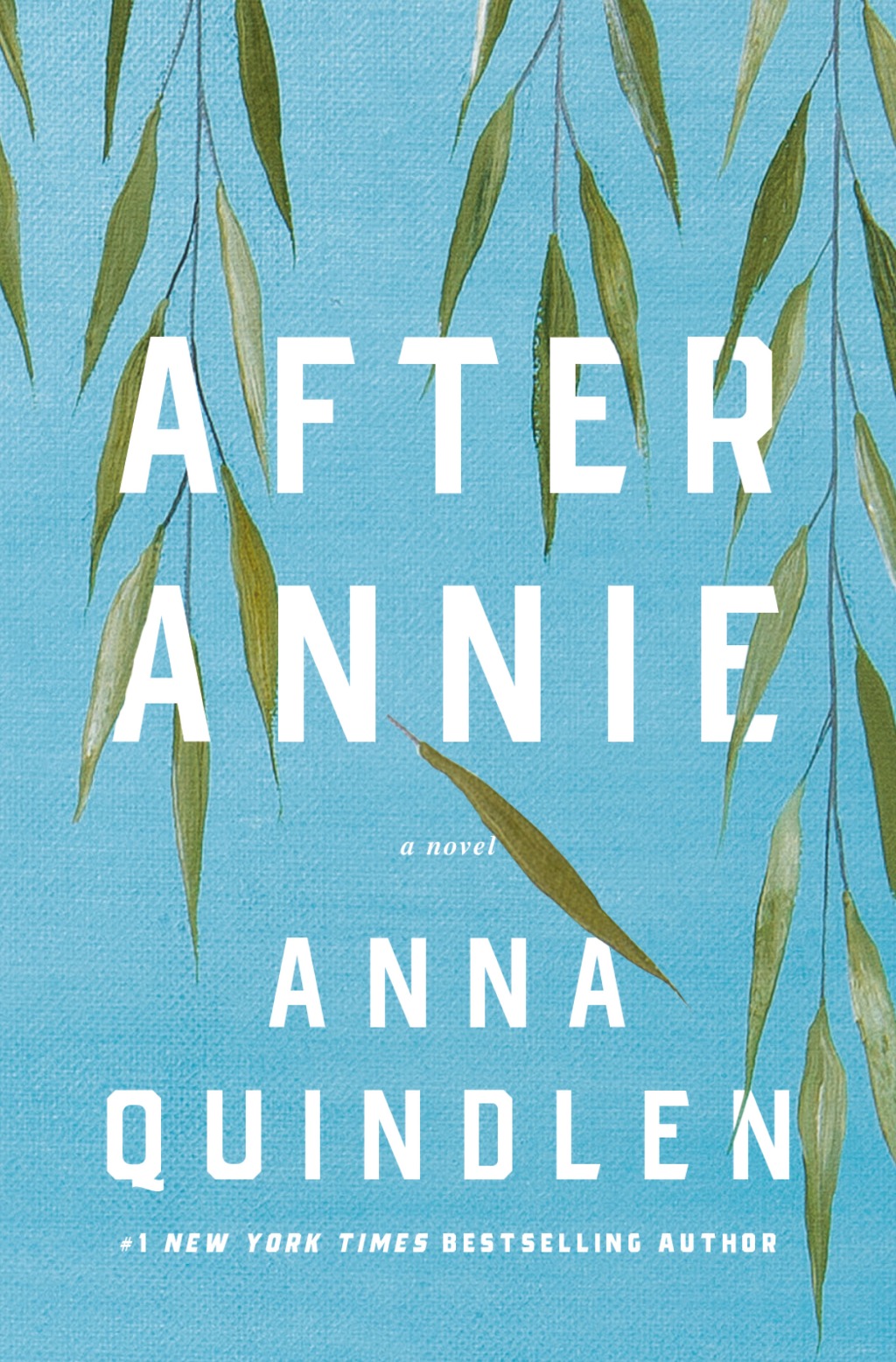There are a two big reasons I decided to read 11/22/63 by Stephen King.
First, as someone with a history degree who counts the Kennedy years as her favorite period of American history, it was all but a must-read on the JFK assassination factor alone.
Second, I grew up surrounded by Stephen King books and movies because my mother read and saw everything that he was associated with. I haven’t read that many of his books, I’ve seen more of the movies or miniseries, because they really aren’t my thing on the whole. But the history factor pulled me in.
There were also two main things I was wary of before I started reading.
First, time travel. I’m not really a science fiction person so I’ve never really got the appeal of time travel. In a sense, it’s much too complicated for me. Butterfly effects, the past being obdurate … all that sort of thing, I just don’t get. I think sometimes I don’t like to have to think quite that much when I’m reading a novel because I read for enjoyment and, well, that’s not usually all that enjoyable for me.
Second, history and the non-fiction nature of the fiction story. There seems to be a lot of that going around lately – Abraham Lincoln, Vampire Hunter, for example – and I can’t quite pinpoint how I feel about it. Maybe I’m too rigid in my thinking, but changing history, even for pretend, always has an air of awkwardness to it.
With all that in mind, and armed with good reviews from people online and my mother’s vague “it’s good, not his best, but good,” I decided to read 11/22/63.
Nearly nine hundred pages later, and this is in paper and ink form – no ereaders for me, I gave the book four stars out of five.
There are a lot of good, if not great, things about the book.
The research King did into life in the late 1950s and early 1960s is incredible in its detail. To find out how much a root beer, or a hat, or a telephone bug costs back then is such a tiny detail that I don’t doubt that many authors would have made up, passed over vaguely, or left out entirely. Not King. It’s easy to picture yourself living from 1958 to 1963 and, as someone who was born in 1981, that’s important to making the story even better and more intriguing.
Another plus is that the characters are easily understood. You know their motivations, their reasonings, their hopes, their dreams, and even their faults. It’s important characters have faults and they do.
The historical facts about Kennedy and Lee Harvey Oswald are also there and true to what they are. I don’t pretend to be an expert on it, but I can say that I recognized names, dates, places, descriptions, and stories from books and articles I’ve read on the subject.
As all books do, 11/22/63 also had some faults.
Some parts were incredibly dry. I suppose I was wondering why, if Jake was going back in time to change the events of November 22, 1963, he had to start in 1958 and not some year a little closer to 1963. It seemed like certain points about time travel and the past being obdurate were made over and over again.
On a possibly more personal and possibly selfish level, remember I said I may be too rigid in my thinking, I found myself disagreeing with the speculations King made about what life would have been like in the world had Kennedy not been assassinated. I’m sure there are many, many people who would disagree with me about my speculations on the same topic, so I can’t hold that against him too much.
All in all, it was a very good book. I’m happy I got over my wariness and read it.
Will I read it again? Probably not, or at least not for a long time. Do I recommend it to people who like Stephen King, time travel, and history? Yes, I do.



Leave a comment